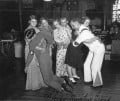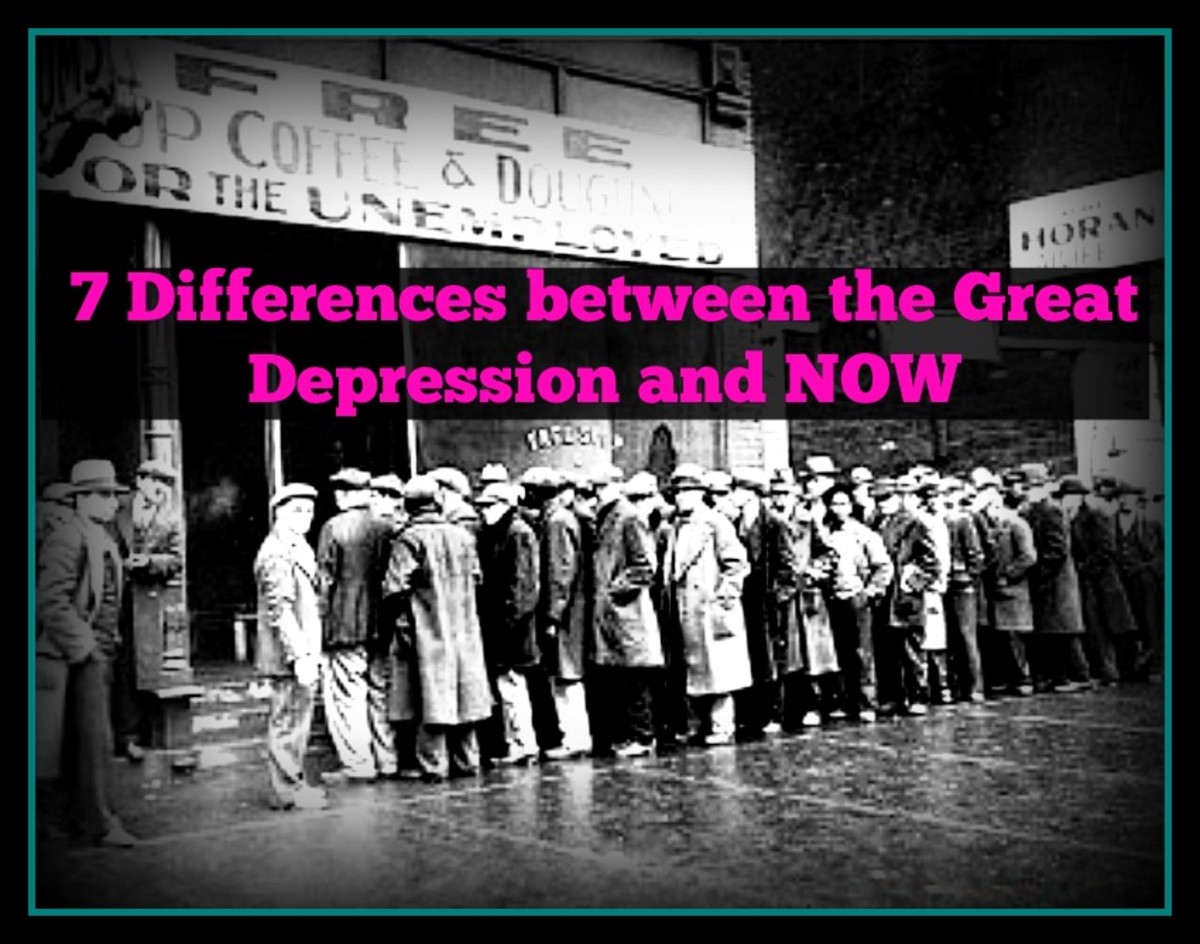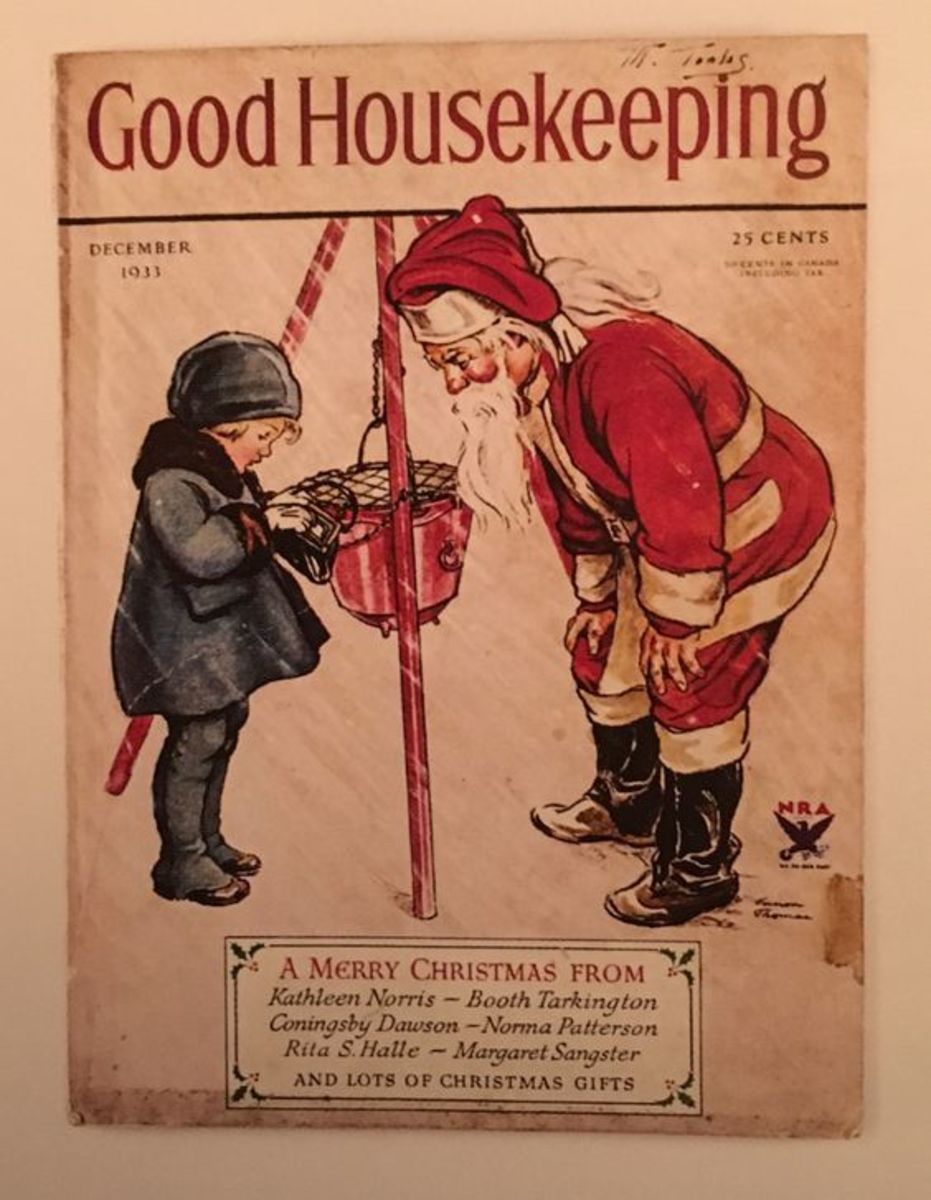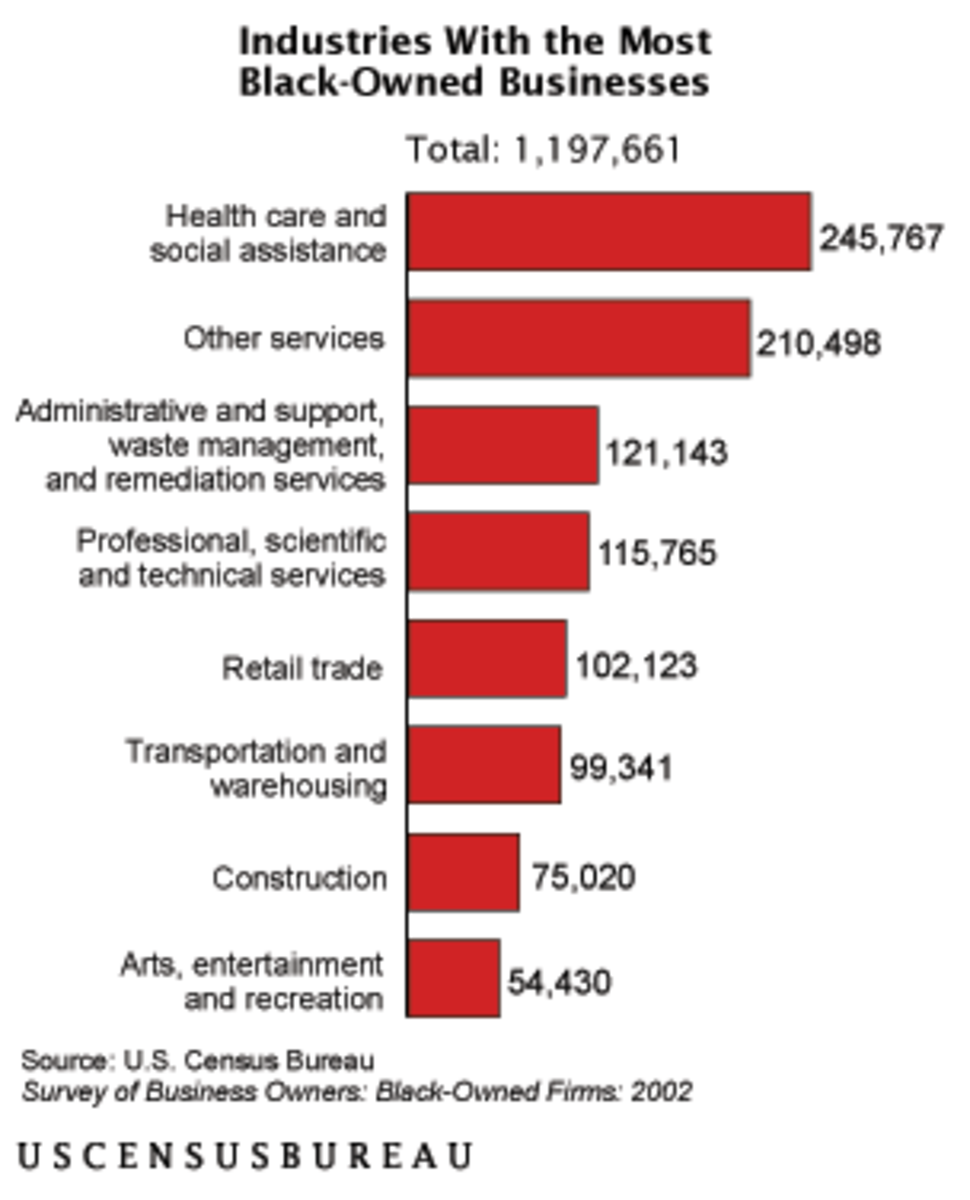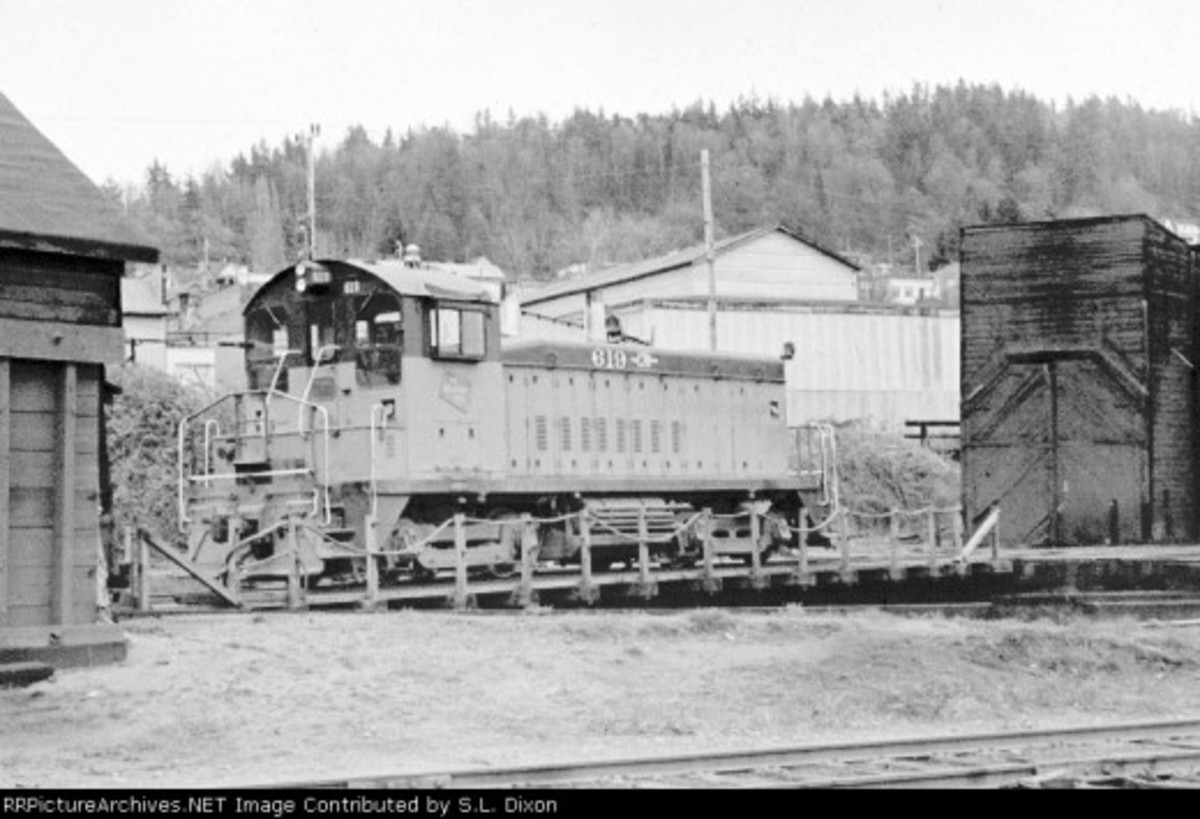Baby Boomers and The Great Depression
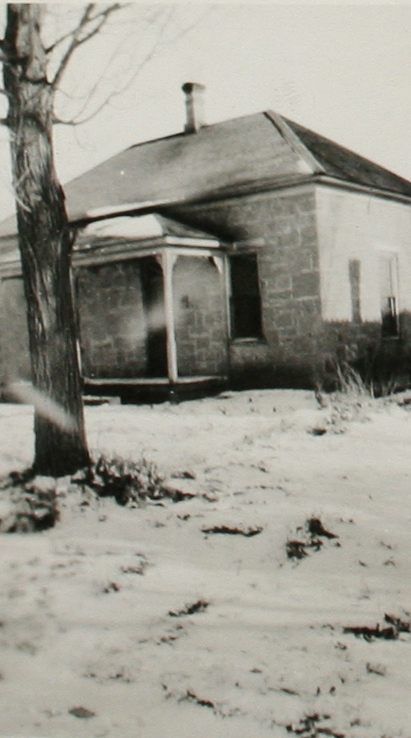
The Way It Was
My grandparents raised their family during the Great Depression in the early 1930s.
They had a two bedroom home with one daughter and four sons. Most of their food was grown in a garden next to the home. They would harvest crops and keep them in an underground dugout during the winter.
Much of their food was canned or pickled. My grandmother made all the needed clothing, as they couldn’t afford to buy them. She was an excellent knitter and her fingers could fly!
Being the oldest, it must have been hard for my mother to help her parents with her little brothers. Grandpa was often sick, and had several odd jobs. He ended up being the janitor in the high school where my mother attended. My grandmother was always cleaning, cooking, gardening or knitting. Her hands were always busy making something. She baked delicious potato rolls, and she was very positive around me. My grandfather obviously didn’t feel well, as he was grumpy most of the time and quite a worrier.
My Dad
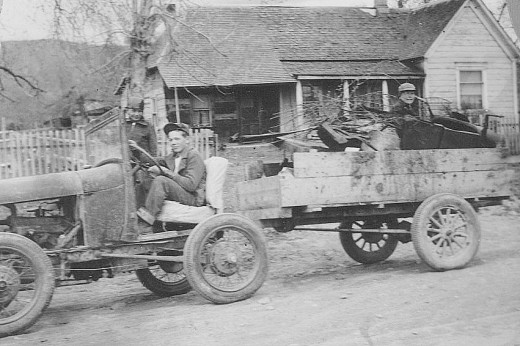
My mother often talked about rich families in her town who did well despite the Depression. She often compared what she had with them. One of her best friends committed suicide which had a profound affect on her. I’m sure it was a very difficult time to come of age.
My father says he found the girl of his dreams when he met and married my mother. He always tried to give her everything she had missed growing up. Dad worked several jobs, including night jobs to provide for our family. His constant absence from home (trying to give Mom all she wanted) became a strain on our home. He did it solely for her, but she not like being home without him. A conundrum. She nagged, and complained and he continued to buy her gifts and gave her money to decorate her home the way she wanted to.
Mom and her brothers
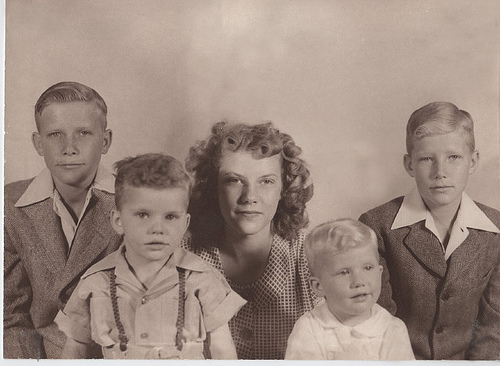
Sunday evenings were spent driving up in the hills where the big mansions were. With lustful eyes, we would spend our family time together dreaming how we wanted our own mansion to look. Mother choose different aspects of the homes she admired, and then Dad drew up the plans for her dream home. Brick by brick, he manually laid each one. There were two amazing fireplaces he put together by hand in the home. Mother had most of her drapes custom made for the four-level home. It was a sight to behold as it neared completion. In the elaborate entryway was a chandelier, which was the crowning glory of the home and one of Mom’s dreams.
It was a stark contrast to the little shanty that my mother and father had both been brought up in. You would assume there were would be much gratefulness and happiness in such a beautiful home. Instead, there was bickering, crying and a sense of disappointment. There was always a neighbor who had something newer, bigger or more beautiful. No matter how hard my father tried, it was never enough. But, he never complained about working hard. He just kept trying to meet her expectations.
I had two aunts who would not even walk into the home Dad built. They were so jealous of all that he had done for my mother, and they would stay out in the car, rather than hear about her latest addition to the home.
Our extended family was divided into the haves and have nots. Instead of helping out those that had less, my mother made a penchant out of belittling others. My uncle came down with multiple sclerosis. His wife worked and took care of all of his physical needs as his body deteriorated. Her own health finally succumbed, and she died one month before he did. Not much support and comfort was given from our family to ease their burdens, as I recall.
My Dad’s only sister was not fond of mother and her ostentatiousness. This air of contention and constant comparison was a continual struggle as I grew up. It never let up, and was interspersed with bouts of deep depression where my mother would go on long drives in the car. I am sure it was hard for her to reconcile the life she had grown up with and the one Dad provided for her. No matter how hard Dad tried, there was always someone who had more. She surrounded herself with trinkets, lace curtains, and chandeliers, which were meant to boost her self esteem, but instead it gave her a false sense of security.
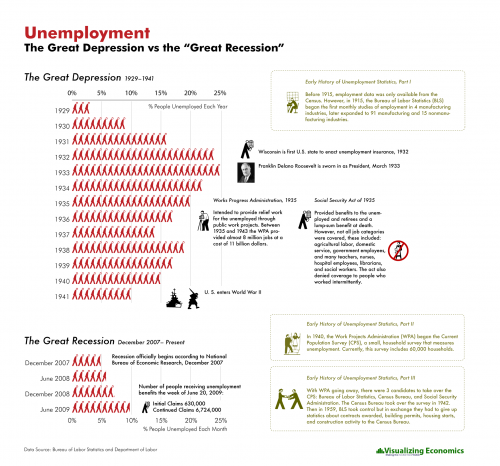
Do you think The Great Depression still affects us today?
Is it any wonder that so many of the baby boomers are on anti-depressants. The Great Depression in the 30s affected many of our parents and grandparents, and it has had a ripple effect. Now we think we must work several jobs to get ahead. Family unity has been dealt a heavy blow. Many people choose to live off the government since programs have been put in place catering to the poor started during the Depression.
The dramatic effects of the Great Depression made important lasting changes to our economic system. Many economists draw parallels between the Great Depression and the 2008 housing crisis. It continues to foster anxiety and fear lest it should happen again.
Here is an impressive effort by four students to learn about the Great Depression in Utah.
© 2014 Elayne


